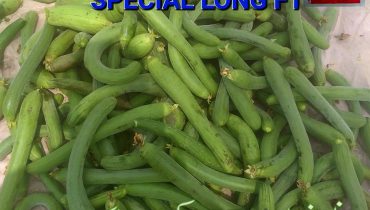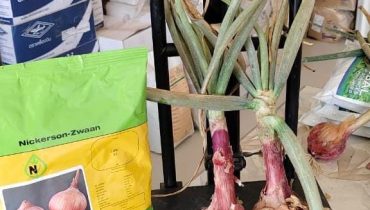Sample Seed Trial
A “Sample Seed Trial” typically refers to a controlled experiment where various samples or varieties of seeds are tested under specific conditions to evaluate their performance. These trials are common in agriculture and plant breeding to assess factors such as yield, disease resistance, adaptability to different environments, and other agronomic traits. The goal is to gather data that can inform decisions about which seed varieties to cultivate on a larger scale or to develop new and improved varieties.
Procurement
The process of acquiring seeds for agricultural purposes. This can involve various steps such as sourcing seeds from suppliers, selecting the appropriate varieties based on factors like yield potential, disease resistance, and suitability to local conditions, negotiating contracts or agreements with seed producers, and arranging for the delivery of seeds to the intended location. Procurement of seeds is a crucial aspect of agricultural production, as the quality and characteristics of the seeds directly impact crop performance and yield.
Quality & Purity
Seed quality and purity are typically assessed through laboratory testing, including germination tests, purity analysis, and genetic testing. Seed certification programs and regulatory standards help ensure that seeds sold to farmers meet specific quality and purity criteria, providing assurance to growers and contributing to successful crop production.
Role of FSC & RD
Original Packing
Import List
Production List
Dealer Certificate
Farm management
Farm management involves a range of activities and strategies aimed at maximizing the efficiency, productivity, and profitability of a farm operation. Here are some key aspects of farm management that are important for farmers:
Production Technology
Farmer Assistance
Labor Handling
Market Fluctuations




